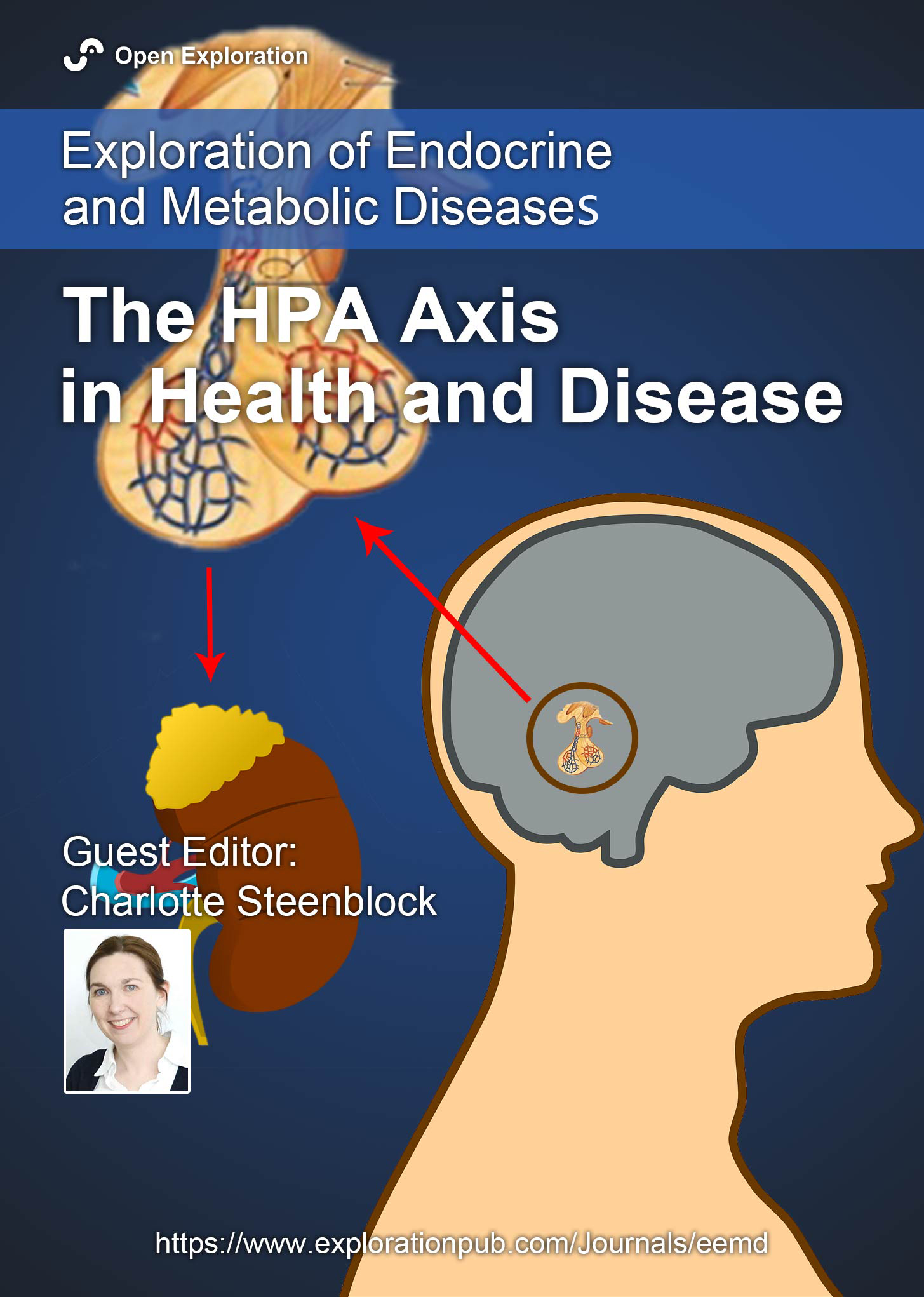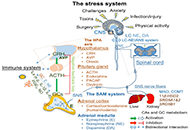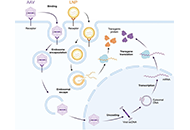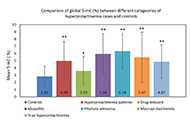
The HPA Axis in Health and Disease
Guest Editor
Charlotte Steenblock E-Mail
Research group leader at the Dept. of Internal Medicine III, University Clinic Carl Gustav Carus, TU Dresden, Germany.
Research Keywords: diabetes mellitus type 1; metabolism; adrenal; endocrine stem cells
About the Special lssue
The endocrine stress system comprises the hypothalamus, pituitary gland, and adrenal gland, which collectively form the HPA axis. The hypothalamus acts as a central relay to control the endocrine response of the pituitary and adrenal glands. While a proper stress response is necessary for survival, stress is also linked to various disorders, such as depression, anxiety, and post-traumatic stress disorder. Research suggests that early life stress or maltreatment may increase the risk of developing major psychiatric disorders, substance and alcohol abuse, and medical conditions like diabetes in adulthood. Dysregulation of the endocrine stress axis has been observed in studies on depressed adult men and women with early life stress. Stress-induced changes in the stress axis activity are influenced by genetic predisposition and epigenetic factors. Despite extensive research into proper regulation and possible dysregulation of the endocrine stress axis in health and disease, the biological mechanisms underlying increased vulnerability to disease after stress are still not fully understood. We are collecting original research and review articles from experts in the field to further our understanding of how the HPA axis is regulated in both health and disease.
Keywords: HPA axis; hypothalamus; pituitary; adrenal; stress; epigenetics; signalling
Published Articles



